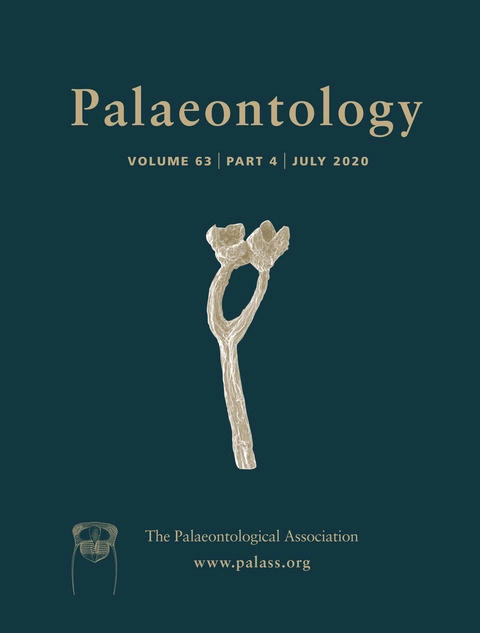Reg. Charity No. 1168330

Terrestrial insects are often remarkably well preserved in lacustrine Konservat Lagerstätten. However, the assumption that carcasses should sink fast through the water column seems contradictory as this scenario is unlikely due to excessive buoyancy and surface tension. The mechanisms that promote rapid and permanent emplacement onto the sediment surface (RPESS) of such terrestrial animal remains are not fully understood. Here we use taphonomic experiments to show that floating in water, growth of microbial biofilms and reception of rapid sediment load promote RPESS of terrestrial insect remains in lentic water bodies. Our results show that the optimum conditions for RPESS occur when terrestrial insects enter a lentic water body in articulation, experience brief decay in association with growth of microbes, then are buried rapidly by airborne volcanic ash. These results provide a model for preservation of articulated terrestrial insects and emphasize the importance of microbial activity and volcanism for insect preservation in lacustrine Konservat Lagerstätten.